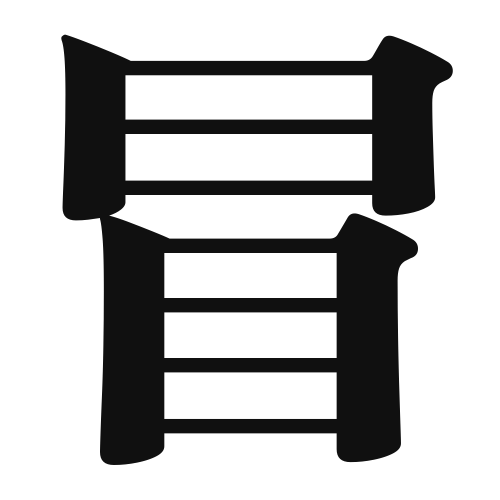1. Overview of Meaning
The kanji “冒” (bou) generally means “to risk” or “to venture.” It conveys the idea of facing danger or taking a bold step into the unknown.
2. Formation and Radical
Formation of the Kanji: The kanji “冒” is a compound character (会意文字) that combines elements to convey its meaning. It consists of the radical for “to face” (冒) and the character for “to cover” (亻), suggesting the act of facing something while being covered or protected.
Radical: The radical of “冒” is “亻” (the person radical), which often relates to actions involving people.
3. Examples of Usage
Common Words and Phrases: Some frequently used words that include “冒” are 冒険 (bouken – adventure) and 冒頭 (boutou – beginning, introduction).
Example Sentences in Daily Conversation:
- 彼は新しい冒険に挑戦することに決めた。 (Kare wa atarashii bouken ni chousen suru koto ni kimeta.) – He decided to take on a new adventure.
- この本の冒頭はとても面白い。 (Kono hon no boutou wa totemo omoshiroi.) – The beginning of this book is very interesting.
4. Synonyms and Antonyms
Similar Kanji: A similar kanji is “挑” (chou), which means “to challenge.” While both involve taking risks, “挑” emphasizes the act of challenging something directly.
Opposite Kanji: An antonym is “避” (hi), which means “to avoid.” This kanji represents the opposite action of avoiding risks or dangers.
5. Cultural and Historical Background
Relation to Japanese Culture: The concept of “冒” is often associated with the spirit of adventure and bravery in Japanese culture, reflecting the value placed on courage and exploration.
Proverbs and Idioms: One common saying is “冒険は人生のスパイス” (Bouken wa jinsei no supaisu), which translates to “Adventure is the spice of life,” highlighting the importance of taking risks to enrich one’s experiences.
